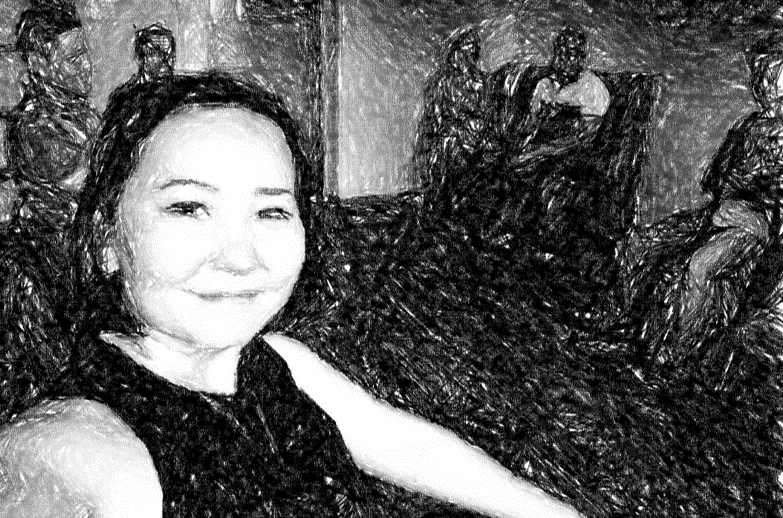Could engaging stigmatized communities through social networks help maintain their health and well-being?

As a men's discussion group in Kazakhstan -- the Discussion Club -- discovered: knowing their rights is key to maintaining them. The men in this Club are "men who have sex with men" (or "MSM") and face heavy stigma. Engaging stigmatized communities like these men through social networks is critical to maintaining their health and well-being. As we wrote in an earlier post about UNI,
Kazakhstan is one of the nine countries in the world that saw a greater than 25% increase in HIV incidence in the first decade of this century. The burden of the epidemic has fallen disproportionately on key vulnerable populations including injection drug users (IDUs) and men who have sex with men (MSM).
UNI is a social network-based intervention based out of the SIG-affiliated Global Health Research Center of Central Asia (GHRCCA) designed to address this and allow individuals to share and promote health within their personal social networks. MSM themselves are experts in how and from whom to find safe, compassionate care, and will collaboratively explore ways of sharing their knowledge with others.
Steadily the UNI project in conservative region of Kazakhstan engages more MSM to participate in the community life to get connected, engaged and learn more about their rights. The Discussion Club in Shymkent is part of UNI research study to keep MSM community engaged.
The most recent session, held on May 15th, was led by Karina Alipova, the UNI site coordinator in the Shymkent field office. The discussion was devoted to sharing human and constitutional rights with several men who have sex with men. This is particularly important in Kazakhstan, where gay men can be discriminated against only if the police find out their sexual orientation.
“I was truly excited that the MSM Community in Shymkent is getting larger and more active,” says Gulnara Zhakupova, UNI Project Director at the Global Health Research Center in Central Asia. “Due to outreach by the UNI team, more and more gay men in Shymkent feel that there is place where they can feel safe and can be accepted by others.”
One participant reported:
I learned important information about my own rights when I am walking on the street or meeting my friends at a private place I never knew before.
It may sound fundamental, but this knowledge can drastically improve (and even save) lives, helping men who have sex with men when faced with prejudice and discrimination from police and society in general.
- Stay tuned for more UNI Project news in Kazakhstan.
- Follow SIG’s work by signing up for our monthly newsletter or following us on Twitter.
